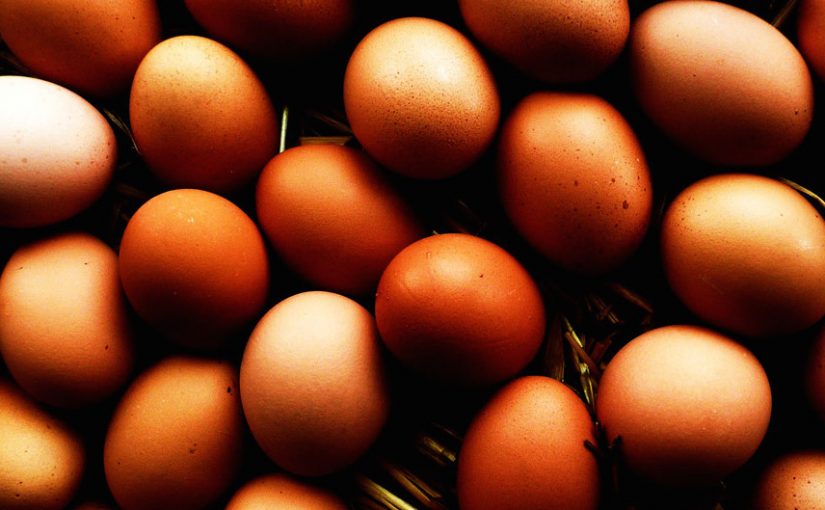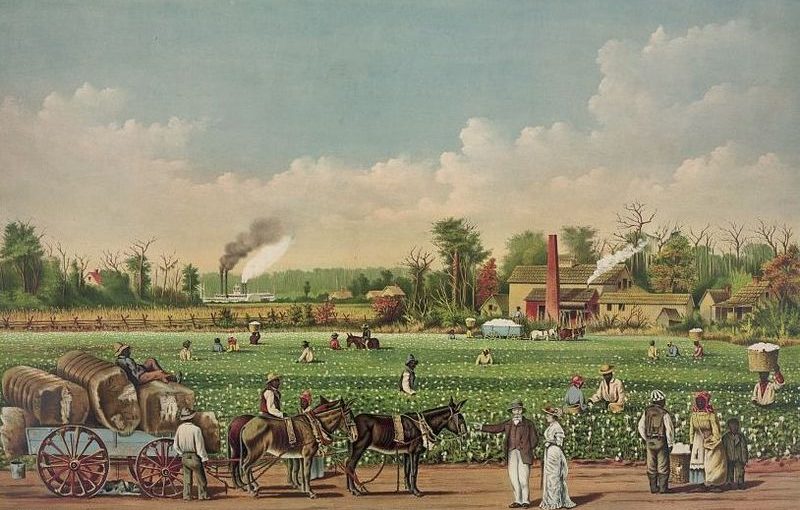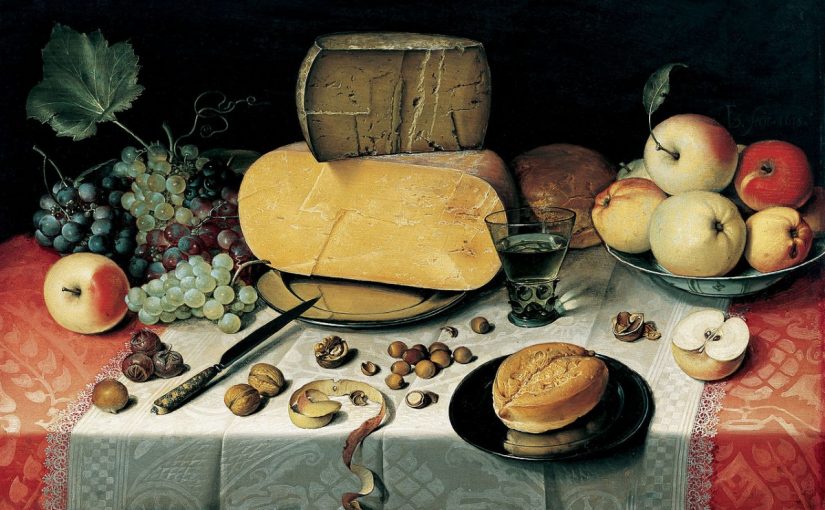January 16th 2017
Triggering passages:
“Nationalist foodways- and the objects fetishized therein- in turn, become allegories through which the expanding nation and its abundant anxieties play out. What we see in the nineteenth century- as indeed we do today in such racialized discourses as obesity, hunger, and diabetes- is the production of social inequality at the level of the quotidian functioning of the body.” (Tompkins 2012:4)
“Rows of flickering computer screens replace the tables piled high with flour and grains. However, the exchange setting remains as dramatic as its late nineteenth-century counterpart… the physical commodities- the bushels of corn, the blocks and barrels of cheddar- are traded but nowhere to be seen.” (Newman 2013: 3)
News Media:
The Problem With Foodieism
“Foodie-ism and the narrow emphasis on eating organic/local/artisan food was not an act of protest or activism.In fact, it was pretty conservative. Foodieism reinforced and replicated systems of food injustice. Eat expensive grass-fed beef in your LEED-certified ivory tower and you might as well be dining on Chilean sea bass at the CPAC with Rush Limbaugh.”
http://www.huffingtonpost.com/food-politic/the-problem-with-foodieism_b_3345767.html
Discussion:
While re-reading Tompkins’s Racial Indigestion introduction I was struck by the physicality of the theories spoken on. When thinking of politics we often position ourselves in ways that either approach or distance ourselves from broader issues and happenings, in Tompkins proposal, the act of eating and the politics existing inherently within it are inescapable as they happen in our own stomachs and mouths. By the obligatory act of eating, we involve ourselves. As stated on page 4 of Racial Indigestion “The act of eating dissolves the boundary between self and other”.
In the Tompkins introduction, the author expands on Brillat-Savarin’s “Tell me what you eat and I shall tell you who you are” adding that it is not simply the “what” of what one eats, but the “where”, the “when” and the “who” is doing the eating (and who is not). Relating to the “who”, Freesia Mckee explores the trend of foodieism and its inherently bourgeois, classist nature, stating in her article The Problem With Foodiesm that the foodies “Want your fried plantains but don’t want you”.
Newman’s vivid description of the lack of physical food in today’s trading process struck me in contrast to Tompkin’s deeply physical writing. When these foods become part of international trade, they lose their identity as a plant or living thing and turn into a market reliant commodity,
Week 1 Seminar Paper Political Bodies


